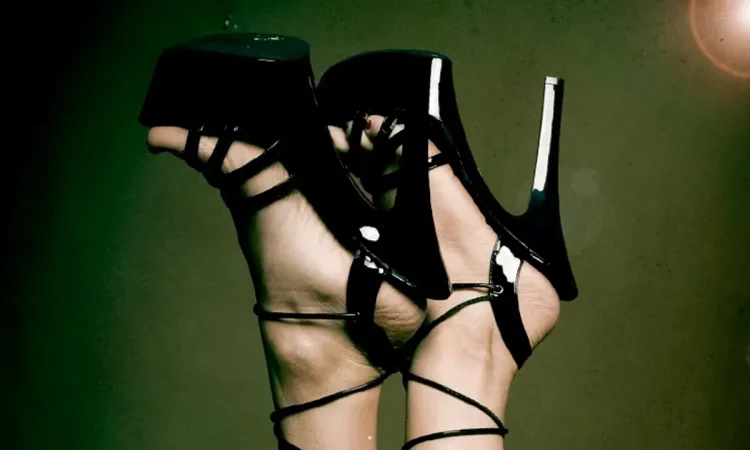
Feminists have been attempting to shut down the neighborhood strip clubs in big cities all over the world, but is what they are requesting a kind of punishment or done in defense of women? The argument being fought under the feminist flag has two sides. Many contend that women who work at strip clubs are frequently exploited and the targets of sexual assault, and some contend that strip clubs encourage the sexual objectification of women. The opposing view asserts that attempting to shut down strip clubs is equivalent to moral policing, which will probably compel the sector to go underground and reveal those who work in it to be in danger.
From burlesque in the 1930s to topless dance in the 1990s, stripping has gone a long way. Lap-dancing is a form of striptease that has evolved. Even though it’s still forbidden, most Melbourne strippers still make their livings mostly from lap dancing. Due to the economic growth of the 2000s, it became usual for businesses to conduct transactions or hold celebrations in strip clubs.
Since then, new “policing” rules have been implemented, pushing the clubs out further from the center. There are fewer strip clubs now than ever before. The drop is noticeable all around the world. In 2010, Iceland became the first nation in Europe to outlaw strip clubs on feminist grounds. The controversy surrounding strip clubs has reached a boiling point and is currently being politicized. Politicians utilize strip clubs as a prop in their games. Even though neither Melbourne strippers nor regular customers would specifically state that they had a problem with them.
Strip clubs are popular with men for a variety of reasons. Contrary to popular belief, the majority of these causes are not sexual. Men frequently cite the fact that they felt safe being manly in strip clubs. Men dislike the concept of having to cope with male-female power dynamics, according to studies. Nowadays, more guys are searching for locations that allow them the freedom to act or be wherever they like.
Really, there is no conclusive evidence linking strip clubs to elevated instances of gender-based violence.
It is debatable if strip clubs have any direct effects on women in the general population. They are not definitively linked to greater rates of sexual violence in a community. However, rape and sexual assault are generally connected with more dismissive attitudes among men who participate in the sexual objectification of women.
Many opponents of strip clubs claim that the clubs take advantage of the dancers. Dancers are mostly self-employed under the current system, but they are nonetheless subject to onerous rules such as having to work a minimum number of shifts per week, adhering to rigid dress codes, and paying late fees.
On top of that, dancers pay clubs for a shift rather than the other way around, and they mostly earn money by giving males exclusive dances in VIP booths or other private spaces. Generally speaking, lap dancing now generates more income in Australia than stage stripping does. This implies that dancers may quit performances having lost money. Additionally, due to the rivalry, some people, particularly those who are in more desperate financial positions, may feel under pressure to provide extra for less.
Many dancers think that if the profession needs to go underground, working conditions and safety precautions will worsen. Many dancers who are fighting to keep the clubs open think that if the profession goes underground, working conditions and safety precautions will worsen. The theory behind strip clubs is that because they are public places with security features like bouncers and CCTV, they offer a level of safety that dancers won’t have if they wind up entertaining males in private settings. If the government outlaws it, it will no longer be able to control stripping and impose those safety requirements.
Numerous dancers who work in threatened venues across the nation are battling to maintain their means of support. They assert that opposition to strip clubs reflects long-standing hostility toward women who express their sexuality and the marginalization of sex workers. They think feminism should support their right to pursue their careers and their bodily autonomy.
